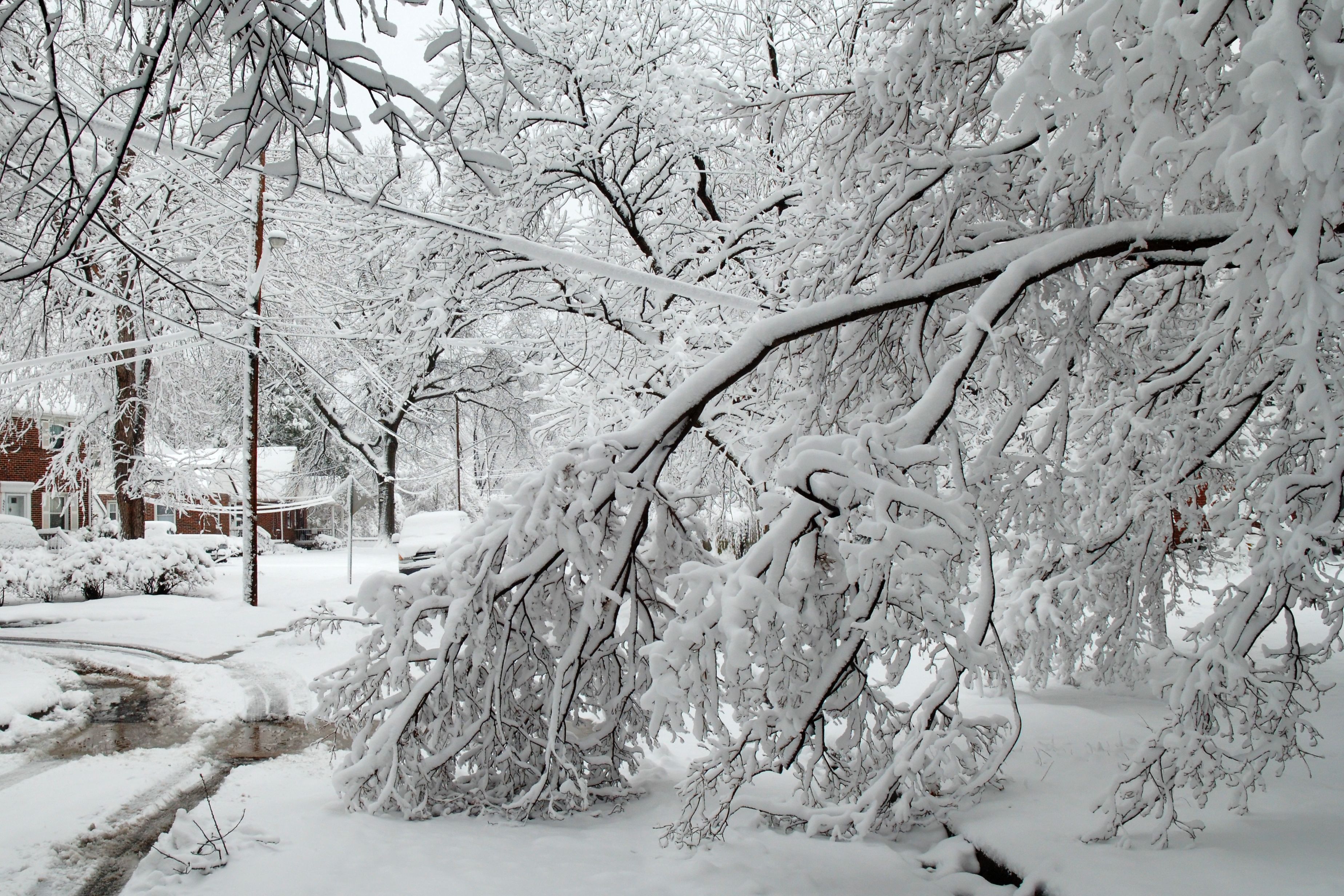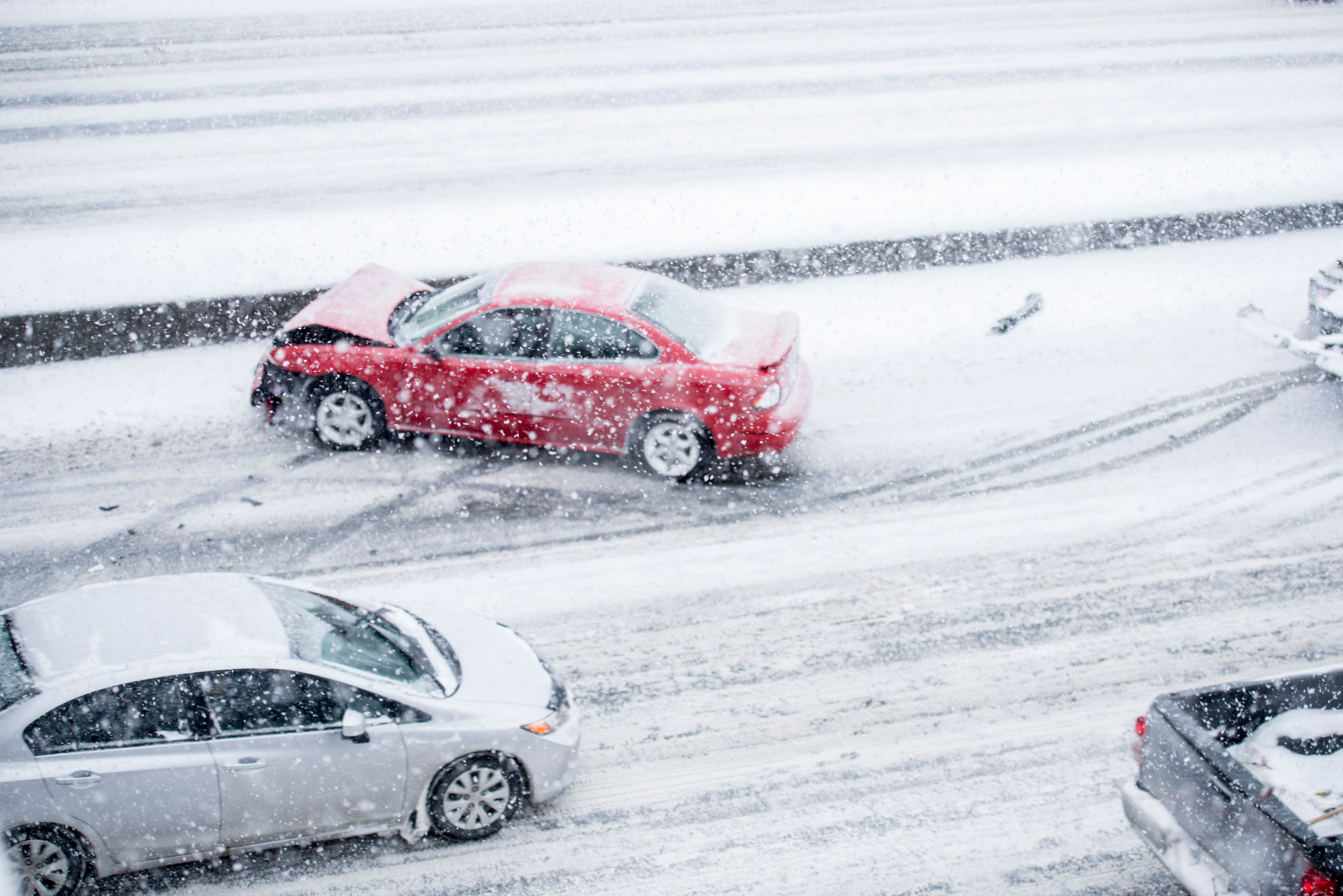Essential Tips for Winter Weather Preparedness
Understanding Winter Weather Risks
Winter weather can be unpredictable and potentially hazardous. It is important to be prepared for a range of conditions, including snowstorms, icy roads, and extremely cold temperatures. Understanding the risks associated with winter weather is the first step in ensuring safety for yourself and your family. Some of the common risks include hypothermia, frostbite, and increased risk of accidents due to slippery surfaces.

Preparing Your Home for Winter
Making sure your home is winter-ready is crucial. Start by ensuring that your heating system is functioning efficiently. This might include servicing your furnace or checking your fireplace. Insulation is also key; check your windows and doors for drafts and seal any gaps to keep the heat in.
It is wise to have essential supplies on hand in case of a power outage or if you are unable to leave your home due to severe weather. Stock up on non-perishable food items, bottled water, batteries, and a first-aid kit. Having a backup power source, such as a generator, can also be beneficial.
Vehicle Winterization
Your vehicle should be prepared for winter conditions as well. Make sure your car is equipped with winter tires, as they provide better traction on icy roads. Check your battery, wipers, and antifreeze levels, as these can be affected by cold weather.

It’s also important to keep an emergency kit in your vehicle. This should include items such as blankets, a flashlight, ice scraper, snow shovel, and jumper cables. Being prepared can make a significant difference if you find yourself stranded in cold weather.
Dressing Appropriately for Cold Weather
When venturing outside during winter, dressing appropriately is essential. Layering your clothing helps trap heat and allows you to adjust to changing temperatures. Start with a moisture-wicking base layer, add an insulating layer like a sweater or fleece, and top it off with a waterproof and windproof outer layer.
Don’t forget about accessories: hats, gloves, and scarves are not just fashion statements—they help protect against frostbite and heat loss. Insulated and waterproof boots are also crucial for keeping your feet warm and dry.

Staying Informed
Staying informed about current weather conditions is a vital part of winter preparedness. Pay attention to local weather forecasts and alerts. Consider downloading a reliable weather app that provides real-time updates. This can help you plan your day better and avoid being caught off guard by sudden weather changes.
Safety Precautions During Winter Activities
Winter offers many unique opportunities for outdoor activities like skiing, snowboarding, and ice skating. However, these activities come with their own set of risks. Ensure that you use appropriate safety gear, such as helmets and pads, to minimize the risk of injury.
Additionally, always be aware of your surroundings and the weather conditions when participating in outdoor activities. Avoid venturing out alone in remote areas, and always let someone know your plans before heading out.
Maintaining Health and Wellness
During the winter months, it's important to take care of your health and wellness. Cold weather can lead to a decrease in physical activity levels, which can impact both physical and mental health. Try to maintain a regular exercise routine indoors if outdoor activities are limited.

Also, ensure you are consuming a balanced diet rich in vitamins and nutrients to support your immune system. Staying hydrated is just as important in winter as it is in summer, so make sure you are drinking enough fluids throughout the day.
By following these essential tips for winter weather preparedness, you can ensure that you and your loved ones stay safe and comfortable throughout the cold season. Remember that preparation is key to navigating the challenges that winter can bring.